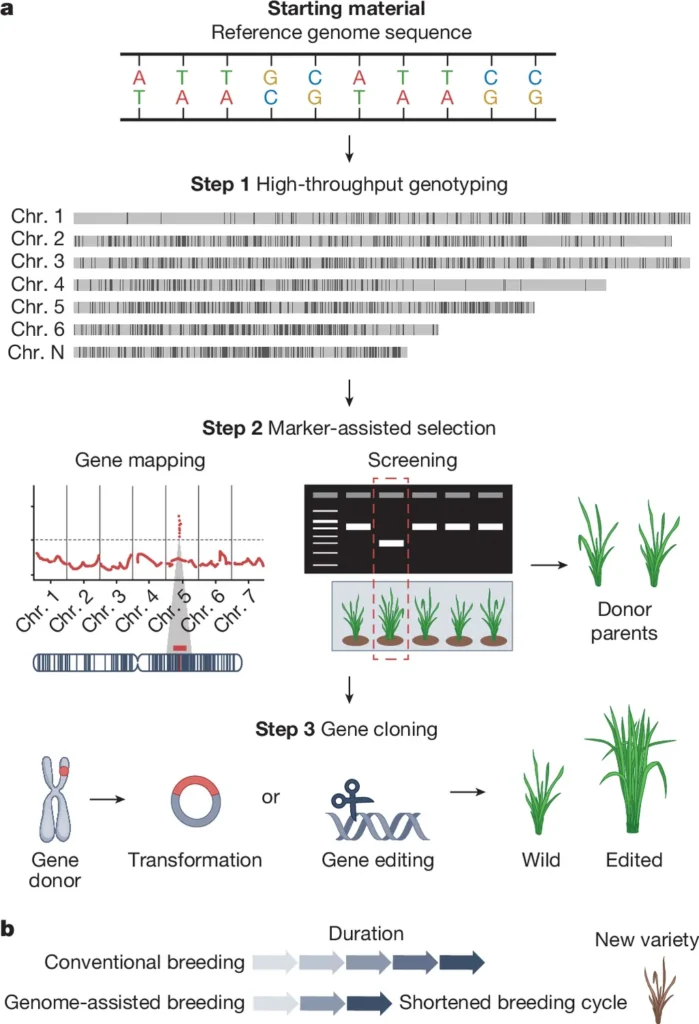In the heart of South Korea, a significant shift in public perception is unfolding, one that could reshape the future of agriculture and, by extension, the global food supply chain. A recent study, led by Sung-Dug Oh of the Department of Agricultural Biotechnology at the National Institute of Agricultural Sciences, Rural Development Administration in Jeonju, has shed light on the Korean public’s views on gene-editing technology and gene-edited agricultural products. The findings, published in the journal *GM Crops & Food* (translated as *Genetically Modified Crops & Food*), offer a nuanced understanding of consumer attitudes and could steer the course of agricultural innovation.
The study, conducted in 2024 with over a thousand participants, reveals a fascinating dichotomy in Korean consumers’ awareness and acceptance of gene-editing technology. While terms like “gene scissors” resonate with the public, scientific jargon such as CRISPR remains largely unfamiliar. This disparity highlights a critical communication gap that could hinder the adoption of gene-edited products.
“Willingness to purchase GE products was 70%, exceeding that for GMO reported previously,” Oh notes, underscoring a promising trend. However, this acceptance comes with conditions. Consumers are more inclined towards the import of gene-edited products and their use in research rather than domestic cultivation. This cautious optimism is largely driven by concerns over safety, transparency, and institutional safeguards.
The study also uncovers a intriguing reliance on mass media for information, despite a higher trust in expert organizations. This credibility-accessibility gap presents a unique challenge for policymakers and communicators. As Oh puts it, “Respondents emphasized expert and government leadership in policymaking,” indicating a clear call for guided, transparent, and accessible communication strategies.
So, what does this mean for the future of gene-edited agricultural products? The study suggests that public acceptance is not a monolith but a complex interplay of awareness, trust, and perceived safety. For the agricultural sector, this means a shift towards transparent safety verification processes, expert-led communication, and tailored strategies that resonate with the public’s concerns and preferences.
Moreover, the study’s findings could have broader implications for the energy sector, particularly in the realm of biofuels and bioproducts. As gene-editing technology advances, its applications in creating more efficient and sustainable bioenergy sources could gain traction, provided that public acceptance and trust are nurtured.
In essence, the study by Oh and his team serves as a compass, guiding stakeholders through the intricate landscape of public perception. As the world grapples with feeding a growing population sustainably, understanding and navigating these perceptions could very well be the key to unlocking the potential of gene-editing technology. The journey ahead is complex, but with the right strategies, it’s one that promises a bountiful harvest.

